A new proposal by the government of Denmark will see the implementation of a “flatulence tax” on livestock farmers charging them for emissions from their sheep, cows, and pigs in an effort to curb greenhouse emissions.
This proposal reached a deal on Monday between the government, farmer representatives, the agriculture industry, and unions which is expected to pass the Danish national parliament.
Slashing Emissions
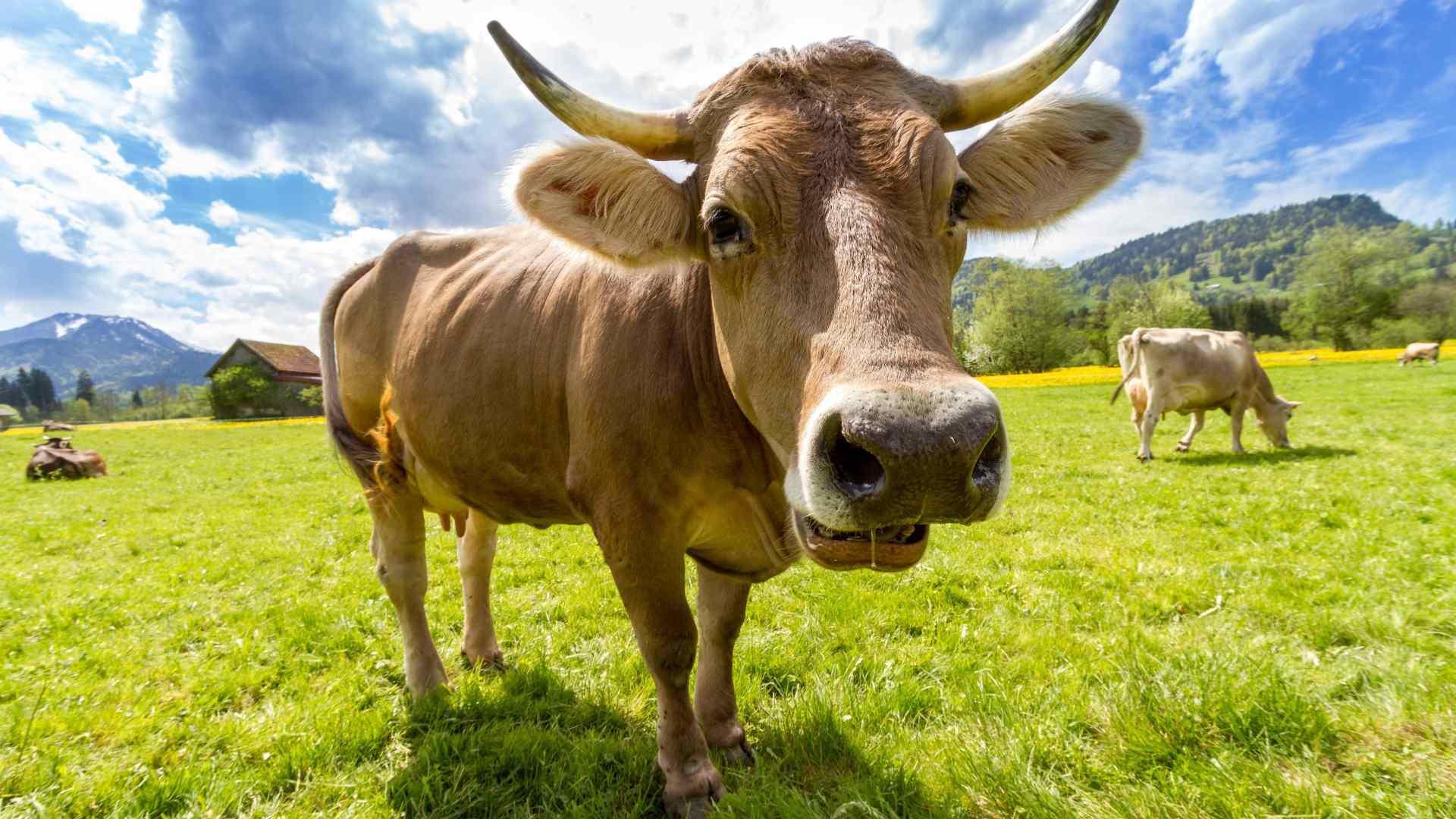
Danish Tax Minister Jeppe Bruus outlined the motivations of the proposal which is to help Denmark reduce its emissions 70% by the year 2030 and strive towards being climate neutral.
“We will take a big step closer in becoming climate neutral in 2045,” Bruus said. “[Denmark] will be the first country in the world to introduce a real CO2 tax on agriculture.”
Historic Compromise

The Danish Society for Nature Conservation, which is the largest nature conservation and environmental group in the country, called the new tax agreement a “historic compromise.”
“We have succeeded in landing a compromise on a CO2 tax, which lays the groundwork for a restructured food industry — also on the other side of 2030,” said organization head Maria Reumet Gjerding.
Awaiting Approval
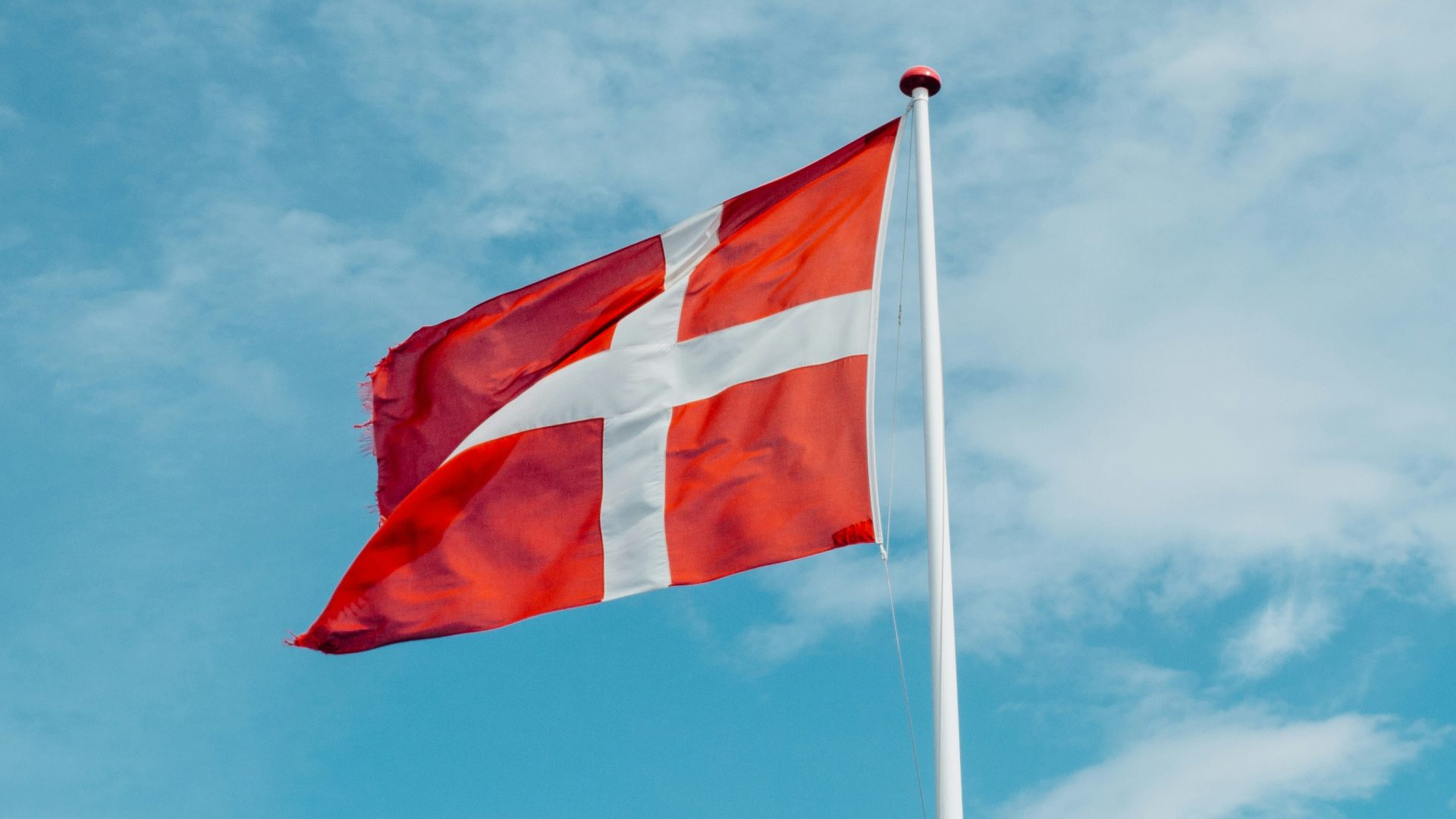
While a deal has been reached with the interested parties, the bill for the new tax still needs to be approved by Denmark’s 179-seat legislature.
However, the agreement has received support from the industry and will likely pass a vote in the country’s parliament.
Taxing Livestock Farmers
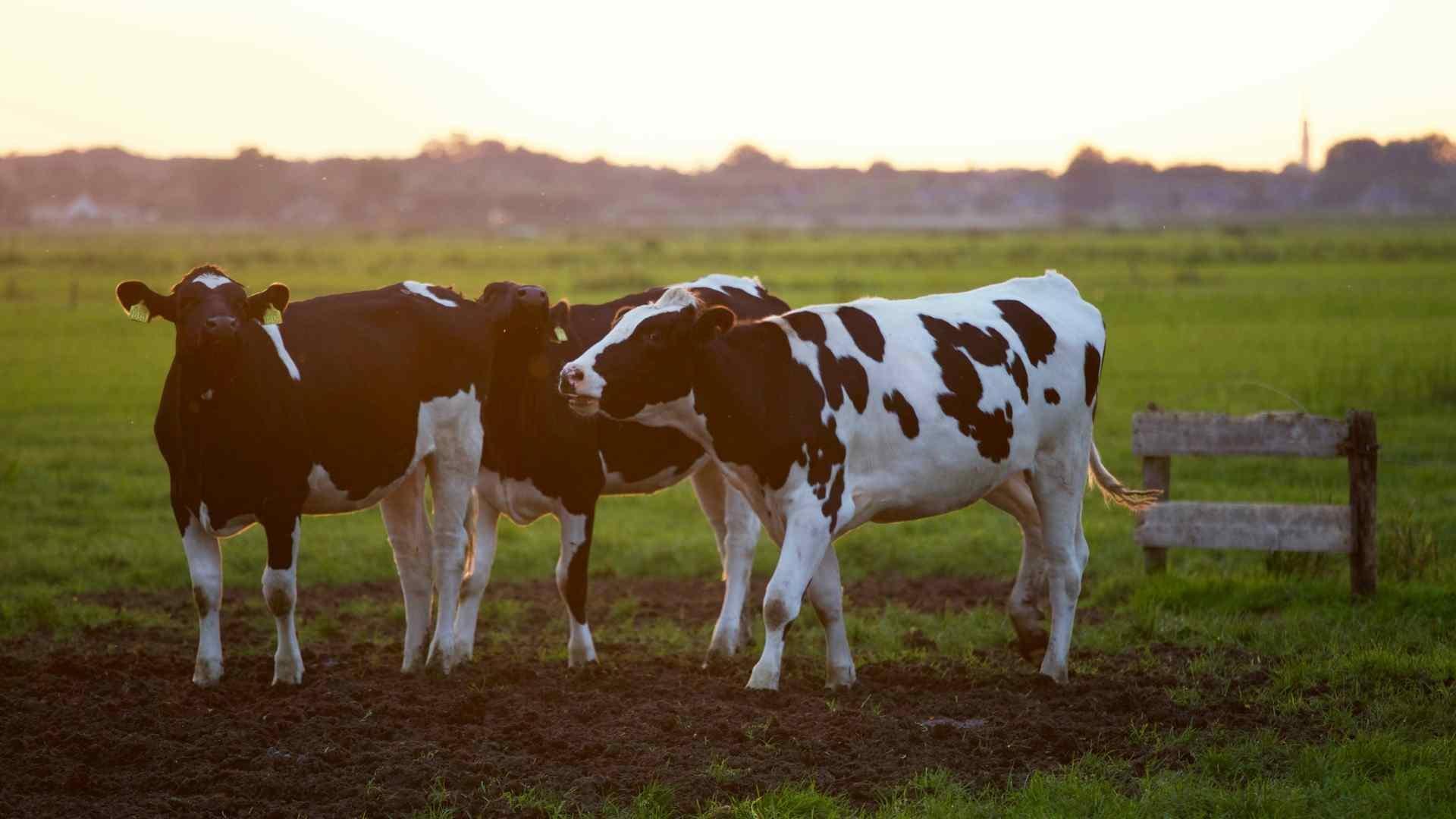
Under the new tax proposal, Danish livestock farmers will be forced to pay 300 kroner (~$28) per ton of carbon dioxide they produce in 2030. Reportedly, a single Danish cow will produce a little over 6 tons of CO2 equivalent gas every year.
The rate will be further increased to 750 kroner (~$70) by 2035. This rate will be slightly lower in actuality because of a 60% income tax reduction which will cause what farmers pay to start out at 120 kroner ($11) per ton in 2030 and 300 kroner ($28) in 2035.
CO2 Equivalents
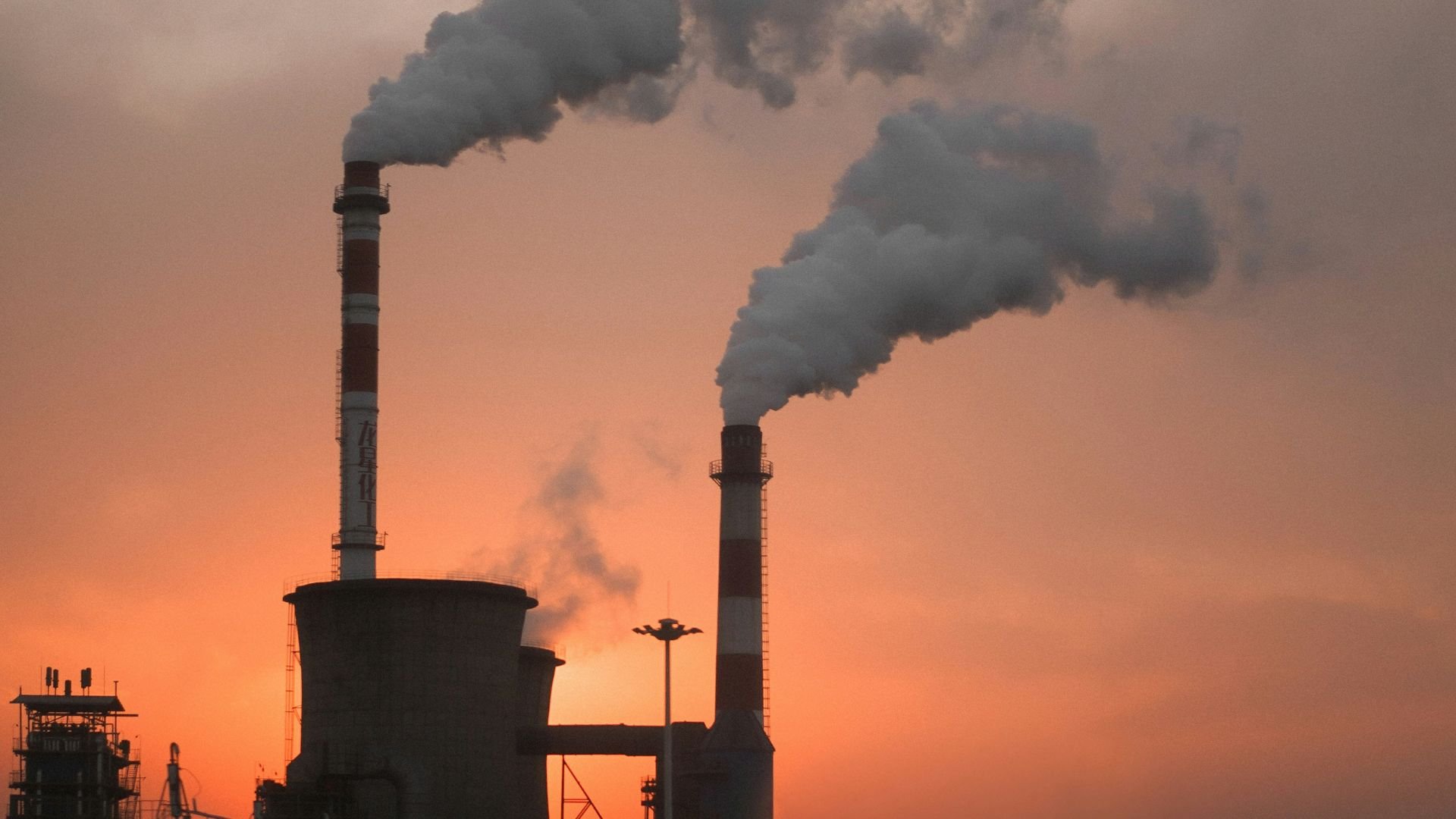
Because there are many types of greenhouse gases, climate activists and environmental conservationists prefer to convert them into a metric known as “CO2 Equivalents” for simplicity’s sake, allowing them to roll policy proposals into a unified “carbon tax.”
Using CO2 as the baseline, the effects of other greenhouse gases like methane, nitrous oxide, and sulfur hexafluoride are converted into “CO2 units” based on how much they would warm the Earth over a period of time.
How Would Farmers Be Held Accountable?

Farmers in Denmark are already required by regulatory bodies to report the number and types of animals that they raise on their farms.
Using this data, the government could estimate how much they should be paying for greenhouse gas emissions every year to keep farmers accountable.
Flatulent Livestock
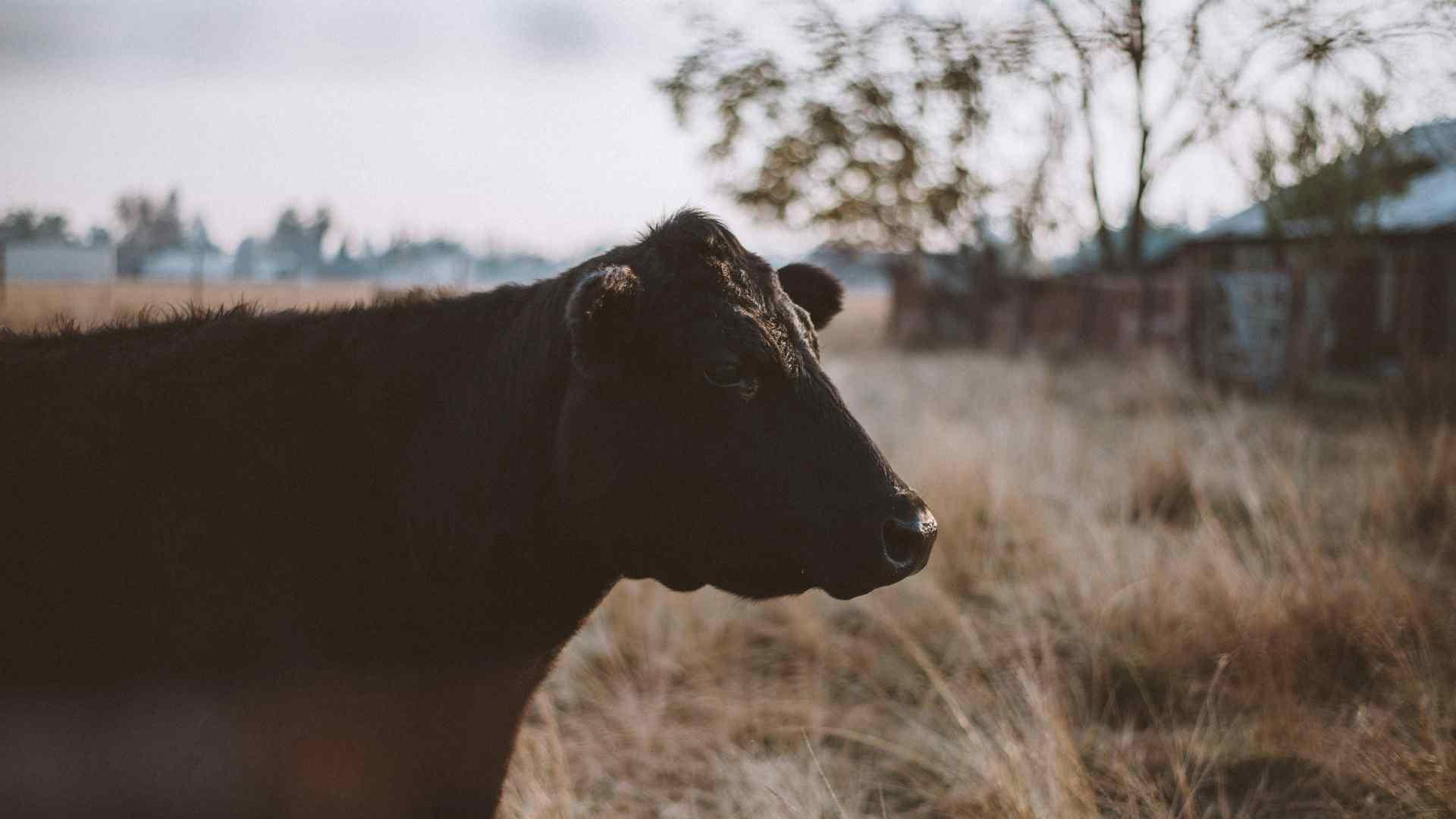
Livestock animals contribute directly to the accumulation of greenhouse gases through their digestion. Animals like cows, pigs, and chickens consume plant materials through their diet.
The digestion system they use to break down these materials causes animals like cows to burp out methane, a potent greenhouse gas, which later gets converted into carbon dioxide in the atmosphere after years. On its own, methane is even worse than CO2, trapping about 87 times more heat on a 20-year timescale.
Gas Statistics

Livestock production is estimated to contribute to about 14.5 percent of global greenhouse emissions, with cows being the primary culprit.
In Europe, it is estimated that the meat and dairy production from livestock contributes more greenhouse gases per year than the region’s cars and vans combined when factoring in the impact of animal feed.
Effectiveness of Cutting Out Animal Feed
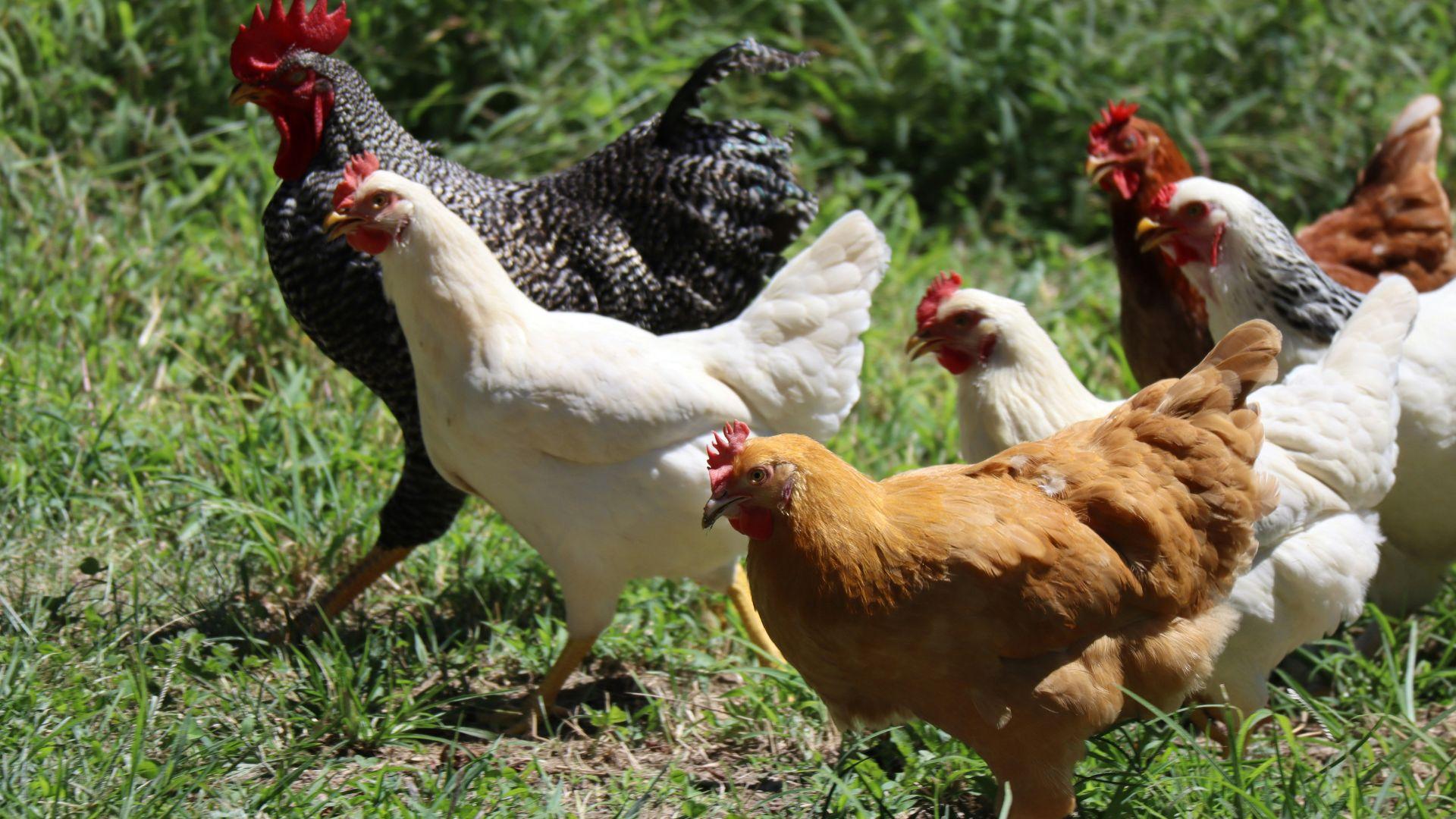
Some in the past have been recommending switching what cows, sheep, and goats eat from grains to grass to try to reduce the industry’s carbon footprint. However, some research suggests this might not be an effective way to tackle the problem.
“Switching to grass-fed beef and dairy does not solve the climate problem—only a reduction in consumption of livestock products will do that,” said Pete Smith, a researcher for a 2017 report that found switching to grazing would not dramatically reduce greenhouse emissions.
Burps Not Farts
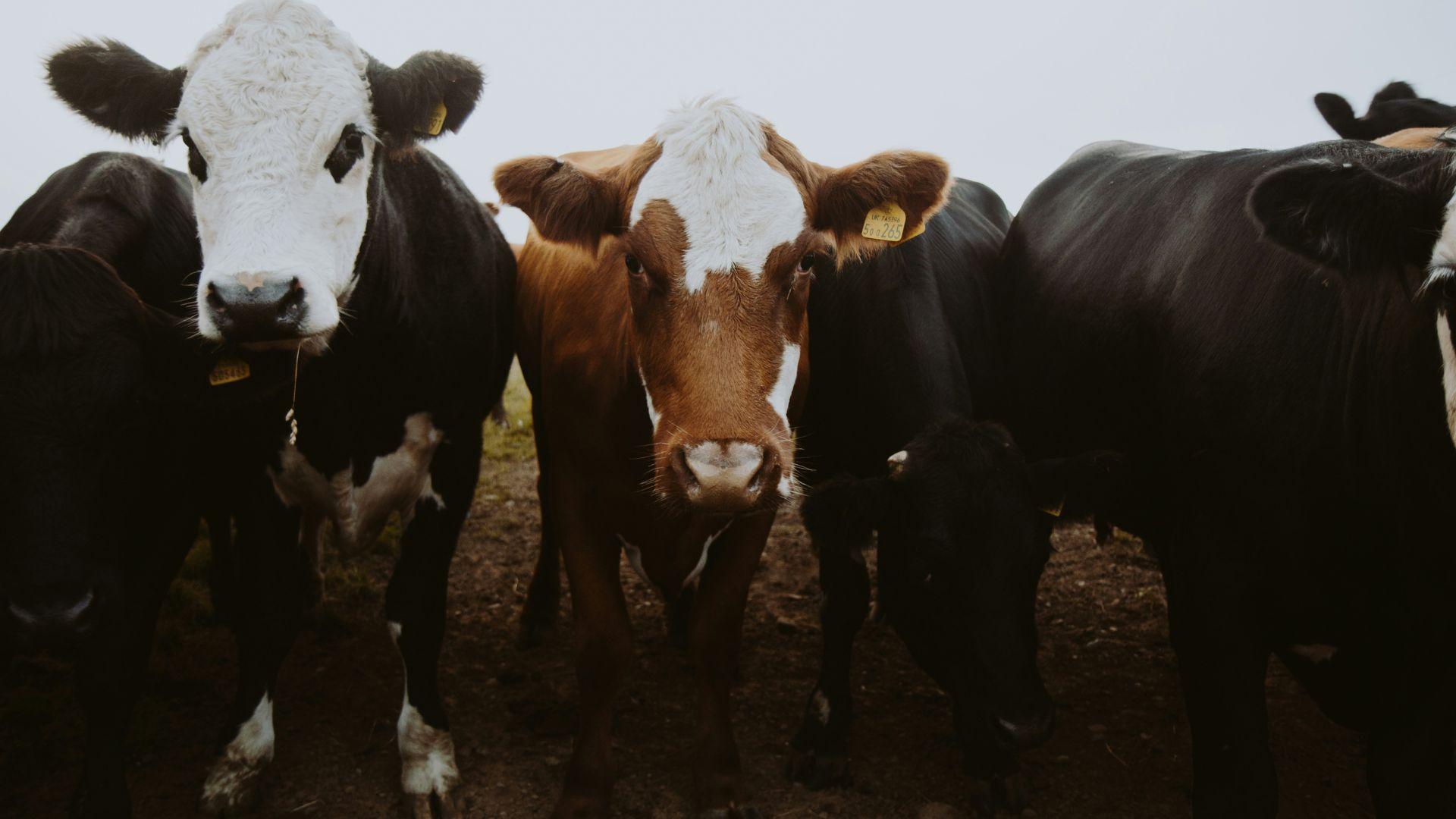
Although cows secrete greenhouse gas in the form of methane from their digestion, most of the offending gas that contributes to global warming comes out of the front end.
“About 89 nine percent of the methane has actually been formed in the gut of the animal. And almost all of that is then irradiated out or belched out of it from the animal. So the nostrils and the mouth. We don’t care about the back end,” said Ermias Kebreab, a Professor at UC Davis who studies cow emissions.
Previous Efforts
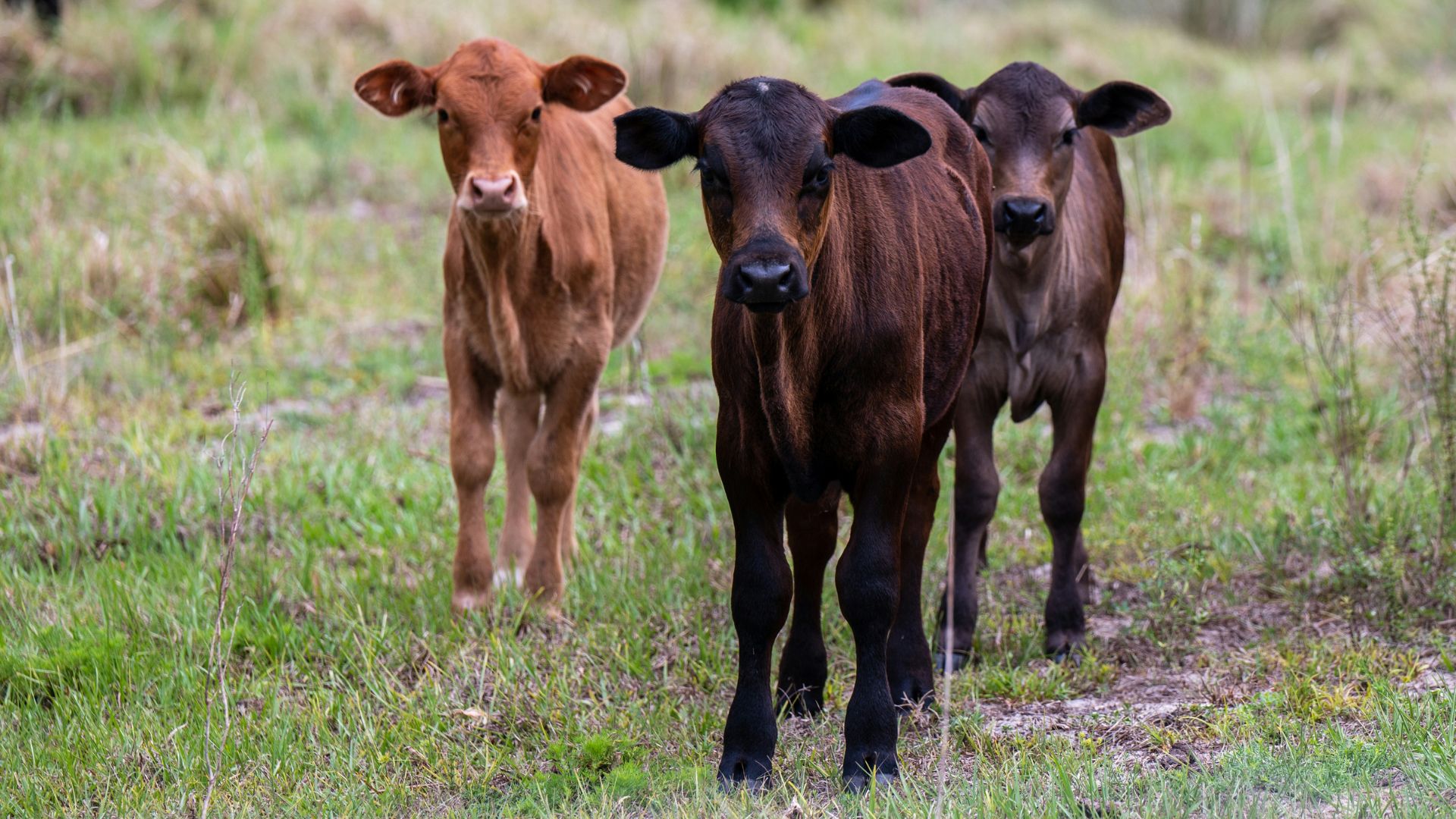
Although it is likely that Denmark will become the first country to implement a tax targeting farmers for livestock emissions, it is not the first country to attempt it.
New Zealand passed a law with a similar motivation that would have gone into effect in 2025. However, public outcry from farmers and the results of elections forced the government to exclude agriculture from efforts to reduce greenhouse gas emissions.
